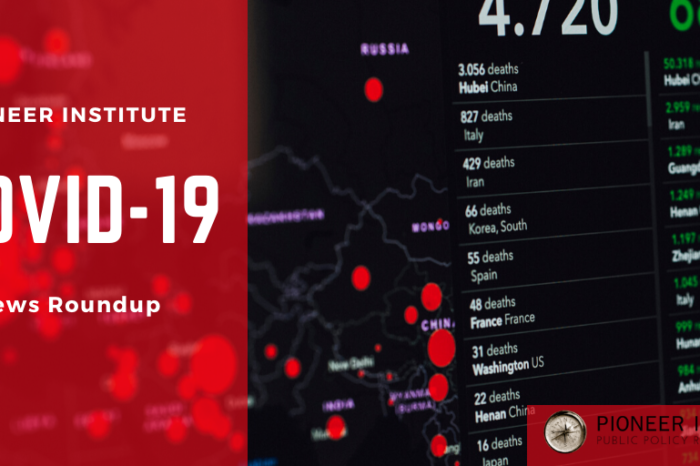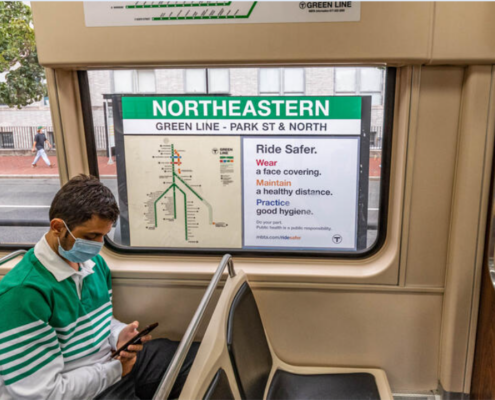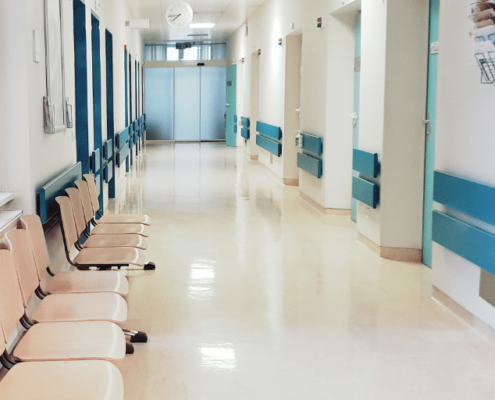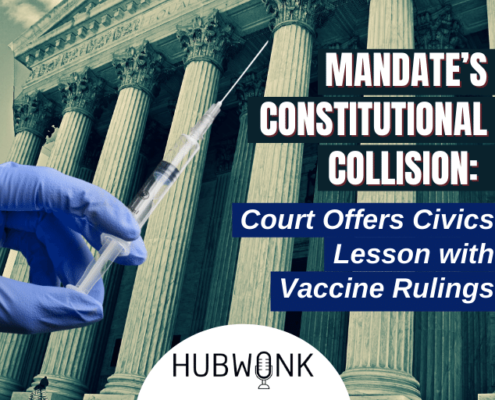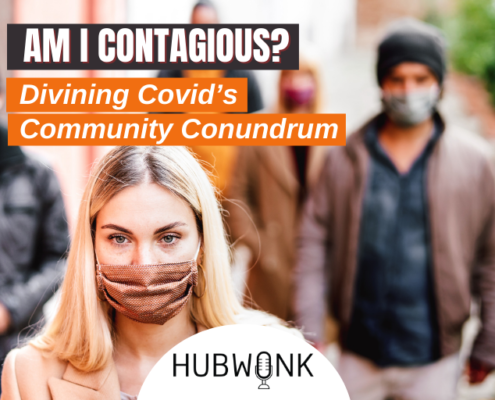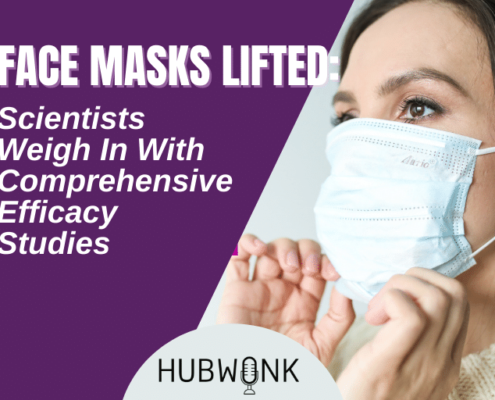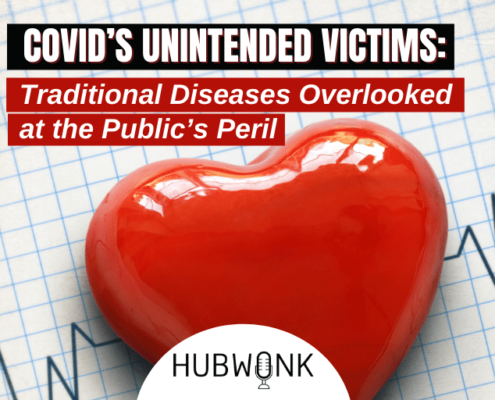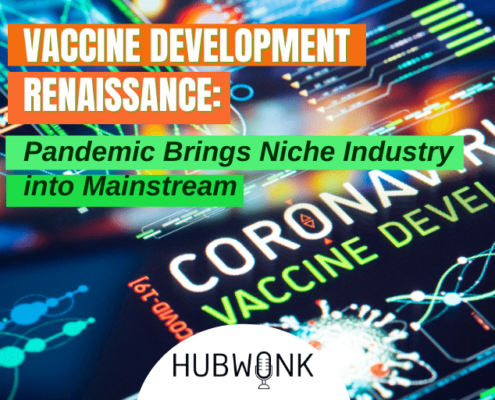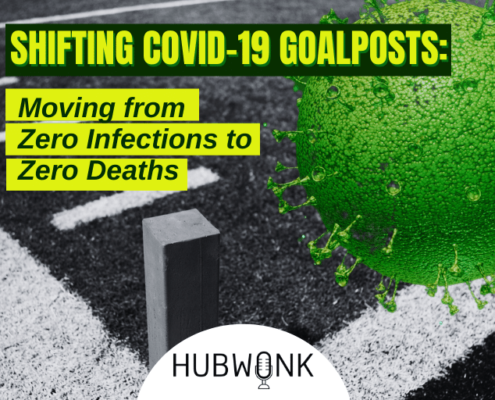COVID-19 Roundup from Pioneer: Will plans to re-open hurt civil liberties?; COVID-19 model skeptic; SCOTUS returns!; New podcast, HubWonk; 5 Tips for online learning & more!
Pioneer staff share their top picks for COVID-19 stories highlighting useful resources, best practices, and questions we should be asking our public and private sector leaders. We hope you are staying safe, and we welcome your thoughts; you can always reach out to us via email: pioneer@pioneerinstitute.org.
Our Top Picks for COVID-19 Pandemic News:
Jim Stergios, Executive Director: This piece by Ezra Klein is a brief overview of the four plans thus far released to re-open the economy. All involve trade-offs, especially related to civil liberties. The big takeaway is that if we want to avoid significant curbs into our liberties, the country needs to go from 100,000-150,000 tests a day (the current rate) to somewhere closer to 20 million daily tests.
William Smith, Visiting Fellow in Life Sciences: Meet a skeptic of the COVID-19 models, former NY Times reporter Alex Berenson.
Also from Bill: Gilead released data on patients who had received compassionate use of remdesivir. While 68% of patients improved while on the drug, this was not a randomized clinical trial, so there was no group of placebo patients who could be compared to those receiving the drug. Gilead is expected to release actual clinical trial data by the end of the month.
Saylor Scheller, Development Coordinator: The U.S. Supreme Court announced that it will be hearing oral arguments via teleconference for a number of cases postponed due to the COVID-19 outbreak, beginning May 4th.
Our Picks for Public & Private Sector Best Practices:
Micaela Dawson, Communications Director: Pioneer’s new podcast, HubWonk, debuted this week, with co-hosts Joe Selvaggi and Pioneer Senior Fellow in Healthcare Josh Archambault interviewing Dr. Andrew Le, co-founder & CEO of Buoy Health, which is partnering with Massachusetts to help residents self-diagnose COVID-19 symptoms.
Jamie Gass, Education Policy Director: Online learning pioneer Julie Young of ASU Prep Digital co-authored a new report for Pioneer that offers guidance to state leaders seeking to make the transition to online learning. And, here’s a good story on different approaches states are taking to help students left hanging as a result of COVID-19 earn a high school diploma.
Also from Jamie: An excellent piece from Heritage’s Lindsey Burke on the lack of preparedness of students and citizens in their knowledge of the Constitution and America’s Founding Documents. This kind of civic background knowledge is vital as state and federal government authority and civil liberties often clash in times of national crisis, including during the two world wars, the Great Depression, the Cold War, 9/11, and COVID-19.
Questions for Our Public & Private Sector Leaders:
Barbara Anthony, Senior Fellow in Healthcare raises grave concerns about Massachusetts’ COVID-19 care standards in a new report released today.
Greg Sullivan, Research Director: When the COVID-19 emergency mercifully ends, some businesses may decide to put their newly-gained telecommuting experience to continued use.
Charlie Chieppo, Senior Fellow, has appeared on WGBH’s “Greater Boston,” Boston Neighborhood Network, and Bloomberg Bay State to discuss his recent report co-authored with Greg Sullivan, warning about the impact of skyrocketing unemployment on the state budget.
Andrew Mikula, Peters Fellow: Will the COVID-19-related economic recession cause a spike in crime? Social distancing makes it harder to burglarize homes, engage in gang activity, or commit petty theft. But it could make domestic violence and online black-market operations more prevalent in the short-term. In his blog, Andrew analyzes crime rates of past recesssions.
Do YOU have interesting questions and/or articles to share with us? Please email us, or message us through our social media channels below!
Get Our COVID-19 News, Tips & Resources!
Related Content

